
Improper disposal of needles can pose significant risks to individuals, sanitation workers, and the environment. Whether you use needles for diabetes, medical treatments, or other purposes, it’s crucial to handle them responsibly. Sharps injuries can lead to infections, environmental contamination, and even legal consequences in some areas. This guide explains how to dispose of needles…

Waste management in healthcare is essential for reducing potential health risks and preserving environmental sustainability. Two phrases frequently used interchangeably but fundamentally differ among the different types of trash produced in healthcare institutions are “medical waste” and “biomedical waste.” Although they both include components that come from healthcare activities, their composition, classification, and possible dangers…
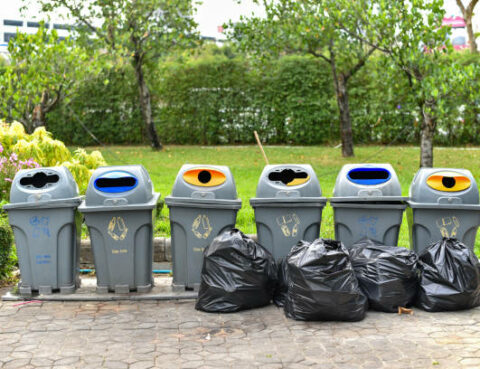
Waste management is becoming a more pressing concern in today’s globe. The garbage generated has increased to previously unheard-of proportions due to industrialization and expanding populations, which presents severe obstacles to sustainability initiatives, public health, and the environment. It’s critical to comprehend the several forms of garbage and their unique qualities to solve these issues….
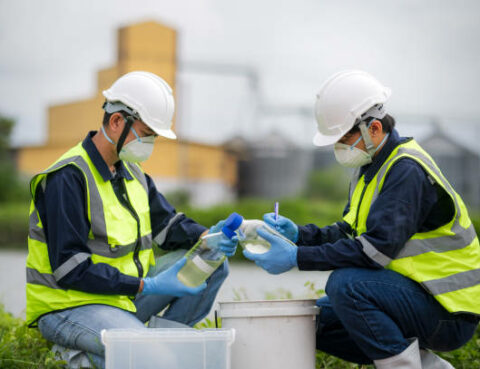
Biomedical waste is essential for environmental sustainability and healthcare management, although it is frequently ignored in popular discourse. It includes a broad range of materials produced during medical treatments, research projects, and regular business operations of healthcare facilities. Comprehending the examples of biomedical waste is vital for executing efficacious waste management tactics, ensuring public health protection,…
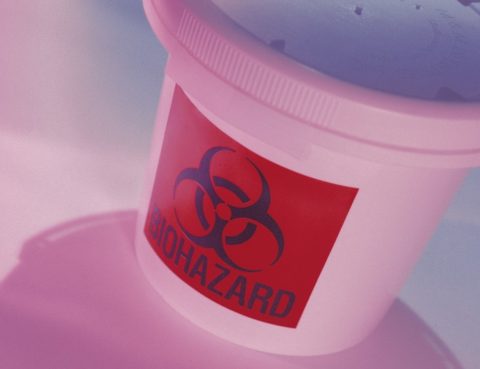
Every day, healthcare professionals, patients, and even the general public handle sharp objects like needles, lancets, syringes, and scalpels. While these items are vital for medical treatments, improper disposal can lead to serious risks, including injuries, infections, and the spread of diseases. That’s where sharps containers come into play. Sharps containers are specially designed, puncture-resistant…
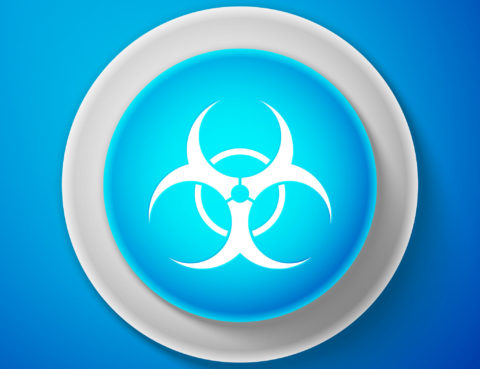
Hospitals, veterinary clinics and schools all offer valuable services. They also create a lot of medical waste in the process. The proper disposal of medical sharps, medications and other bio waste is well known throughout Florida and Georgia. Correctly eliminating products like bloody gloves, tubing, bandages, sharps and medications not only saves human lives, it…
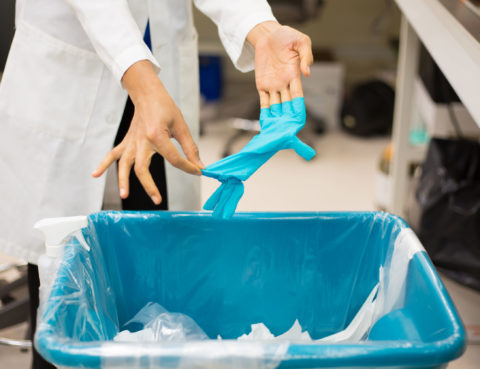
There are many places that produce biomedical waste, including hospitals, health clinics, nursing homes, laboratories, dentists, funeral homes, jails, animal hospitals, and veterinary clinics. The waste produced from these facilities is different from household and everyday refuse. Because disease can be spread through biohazardous materials, special care must be taken when disposing of it. Aside…
If you have expired prescription medications, it’s essential to dispose of them securely. When prescription drugs are abused, it puts people at risk for injury, addiction and even death. This problem is an increasing concern in the United States, with millions of people taking prescription drugs non-medicinally every year. The problem not only highlights the…


